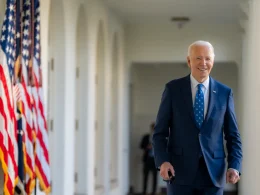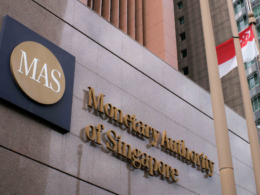Australia has set a new climate goal of cutting greenhouse gas emissions by between 62% and 70% below 2005 levels by 2035, Prime Minister Anthony Albanese announced on Thursday.
The target builds on the government’s existing pledge to reduce emissions by 43% by 2030 and to achieve net zero by 2050. Albanese, leader of the centre-left Labor Party, will present the 2035 commitment at the United Nations General Assembly in New York next week.
Under the Paris climate accord, countries are required to ratchet up their emissions reduction pledges every five years.
“This is a responsible target backed by the science, backed by a practical plan to get there and built on proven technology,” Albanese told reporters. “It’s the right target to protect our environment, to protect and advance our economy and jobs, and to ensure that we act in our national interest and in the interest of this and future generations.”
The Prime Minister said the target aligned with the European Union, which is considering a 63% to 70% cut on 1990 levels.
Matt Kean, chair of the Climate Change Authority, described the commitment as demonstrating “higher ambition than most other advanced economies”. Environmental groups, however, had urged the government to go beyond 70%, while business leaders cautioned that steeper cuts could put billions of dollars in exports at risk and drive companies offshore.
The conservative Liberal Party opposition, defeated in the last two federal elections, is reviewing its climate policies, including its sole target of net zero by 2050. Opposition leader Sussan Ley dismissed the government’s new pledge, saying: “These targets cannot be met. They are fantasy: we know, Australians know, and they’re very disappointed in this prime minister.”
The government insists it remains on track to narrowly meet its 2030 goal.
The Greens said the lower end of the range—62%—was inadequate. Senator Larissa Waters accused Labor of failing to address Australia’s lucrative coal and liquefied natural gas exports, telling the ABC: “Labor have sold out to the coal and gas corporations with this utter failure of a climate target.”
Business groups struck a more measured tone. Andrew McKellar, chief executive of the Australian Chamber of Commerce and Industry, said the 2035 goal was “ambitious” but stressed the need for affordable and reliable energy supplies.
“One of the biggest issues that industry faces at the moment is the costs we incur in terms of energy. We’ve got to have a sustainable pathway forward, with energy security and affordability as well,” he said.


















